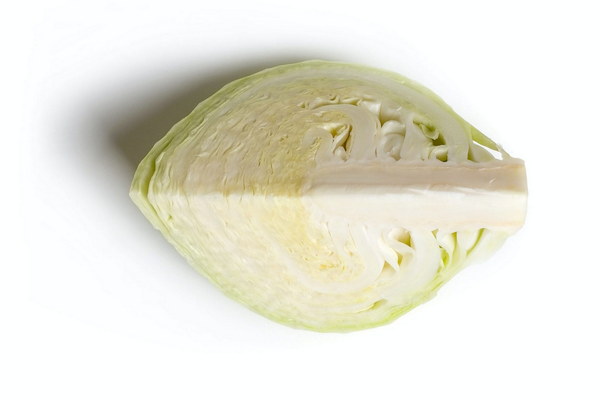Maximizing Male Fertility Essential Nutrients for Male Reproductive Health
Introduction:
Male fertility is a crucial aspect of reproductive health, and maintaining optimal reproductive nutrition is essential for men to achieve their best chances of fatherhood. A balanced diet rich in essential nutrients can significantly improve sperm quality, enhance reproductive health, and increase the likelihood of conception. This article will discuss the key nutrients that men should focus on to safeguard their reproductive health.
1. Vitamin D:
Vitamin D plays a vital role in sperm development and function. It is essential for the absorption of calcium and the regulation of the immune system. Adequate vitamin D levels can improve sperm motility and morphology, which are crucial for successful fertilization. Sources of vitamin D include sunlight exposure, fatty fish (such as salmon, mackerel, and sardines), egg yolks, and fortified foods.

2. Selenium:
Selenium is a powerful antioxidant that protects sperm from oxidative stress, which can lead to DNA damage and reduced fertility. It also plays a role in sperm production and function. Selenium-rich foods include Brazil nuts, which are the highest source, as well as seafood, poultry, and meat. Selenium can also be obtained from fortified cereals and grains.
3. Zinc:
Zinc is an essential mineral that is vital for sperm production and development. It is found in high concentrations in the testicles and plays a critical role in the formation of sperm. Foods rich in zinc include oysters, beef, pork, poultry, legumes, nuts, and seeds. A zinc deficiency can lead to reduced sperm count and motility, so it is important to ensure adequate zinc intake.
4. Folic Acid:
Folic acid, also known as vitamin B9, is essential for the development of healthy sperm and the prevention of birth defects. It is especially important for men who are trying to conceive, as it can help reduce the risk of chromosomal abnormalities in sperm. Folic acid can be found in leafy green vegetables, oranges, strawberries, beans, and fortified cereals.
5. Omega-3 Fatty Acids:
Omega-3 fatty acids, such as docosahexaenoic acid (DHA) and eicosapentaenoic acid (EPA), are important for sperm development and function. They have been shown to improve sperm quality, motility, and concentration. Good sources of omega-3 fatty acids include fatty fish, flaxseeds, chia seeds, and walnuts.
6. L-Arginine:
L-arginine is an amino acid that plays a role in sperm production and function. It has been shown to increase sperm count and improve sperm motility. L-arginine can be found in nuts, seeds, legumes, and dairy products.
7. Vitamin C:
Vitamin C is another powerful antioxidant that protects sperm from oxidative stress. It also plays a role in sperm production and function. Foods rich in vitamin C include oranges, strawberries, bell peppers, and leafy green vegetables.
Conclusion:
Maintaining optimal reproductive health is essential for men who are trying to conceive. By incorporating a balanced diet rich in essential nutrients such as vitamin D, selenium, zinc, folic acid, omega-3 fatty acids, L-arginine, and vitamin C, men can improve their chances of fatherhood. It is important to consult with a healthcare provider before making significant changes to your diet or starting any new supplements to ensure that you are meeting your specific nutritional needs.









